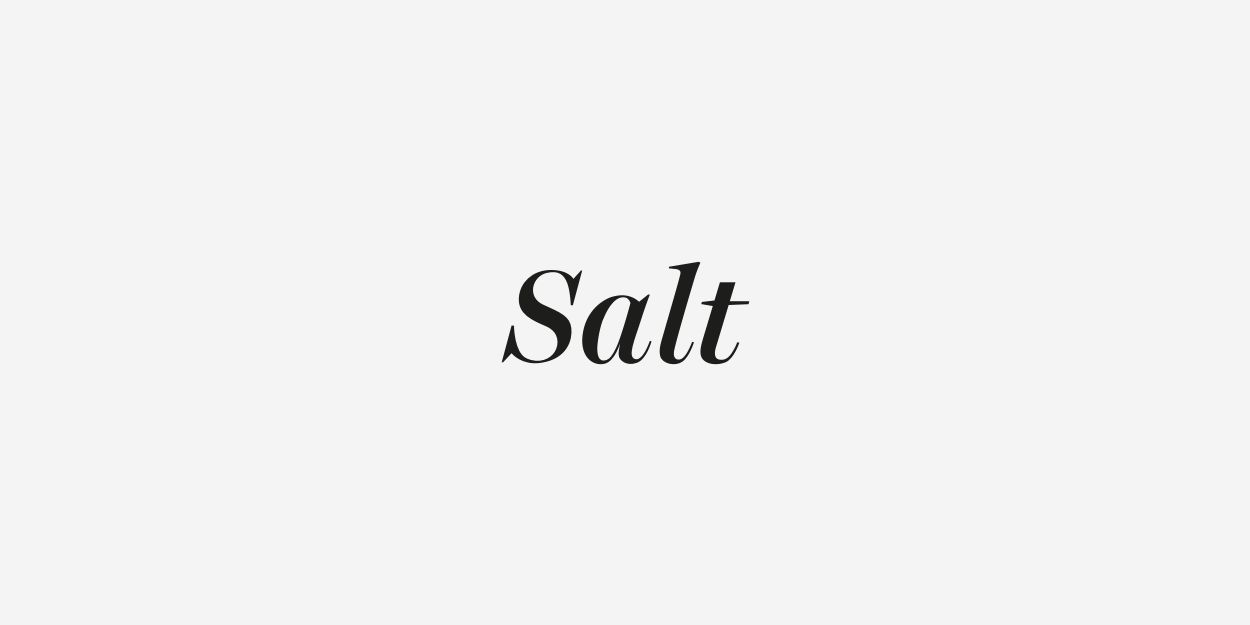All Articles

How can my partner forgive me?
It was a very difficult afternoon for both of us. I had to explain to Jen (my then girlfriend, now my wife) about how I had been looking at pornography. That day, as we went for a walk, Jen could sense that something was up. She could see I was angry with myself and holding something back. I was nervous about confessing, as I expected it would hurt her, but felt I had to be honest. So, we sat on a park bench and I began to explain what I’d done.

The art of failure
When you have to come to terms with failure, when you don’t get the recognition you think you deserve, it forces you to shift perspective...as I’ve grappled with my career disappointments, I’ve seen this longing for what it really was: a meaningless pursuit of my own glory.

Dawkins and the meaning of life
How can life possibly have meaning when we’re just an accident of chemistry + physics + who-knows-what? Dawkins gave his answer, and it’s fascinating.

Is the dream job just a dream?
Maybe it’s been a long week at a job that isn’t your favourite, a job you had to take to pay your ridiculous London rent. Maybe you’re desperately hoping you’re in a temporary situation, waiting for that perfect opportunity to come along. Or maybe you landed your ideal job, thought you’d finally made it, but soon realised it wasn’t all you thought it would be. What do you do when the dream job is just that?

Does science require faith?
When physicists heard the sound of two black holes merging over a billion years ago, humanity cheered. Our response to that cosmic tug is evident everywhere, and emotional investment in scientific discovery is just one flavour. Whether deliberately or subconsciously, the human spirit reveals itself in pursuit of intangible rewards.

An eye for an eye, unless it’s mine
Justice isn't always so appealing-namely, when you’re on the receiving end of it. But why are we prone to such a double standard? Perhaps it has something to do with the way we choose to take responsibility for our actions.

Conversations and cringing embarrassment
Embarrassment begets embarrassment, and because embarrassment is infectious, it pulls a veil over the important conversations in life.

What’s wrong with the world? I am
On a near daily basis, we find ourselves confronted with news of violence, conflict, suffering and death on a global scale. We’ve seen bombings in Brussels, shootings in Paris, car bombs in Ankara and countless atrocities across the Middle East and Africa. I find myself only half-digesting the facts of one horrific act, when, before long, news emerges of some other tragic loss of life in another part of the world....and so, we are faced with the great unsaid question: ‘What will fix it?

The sweetness of a sugar-free Easter
The word ‘addict’ may seem extreme, but there is no denying it: I was completely dependent on sugar. I couldn’t go a single day without consuming the stuff. This was partly chemical...but also, as I gradually came to realise, something much deeper.
